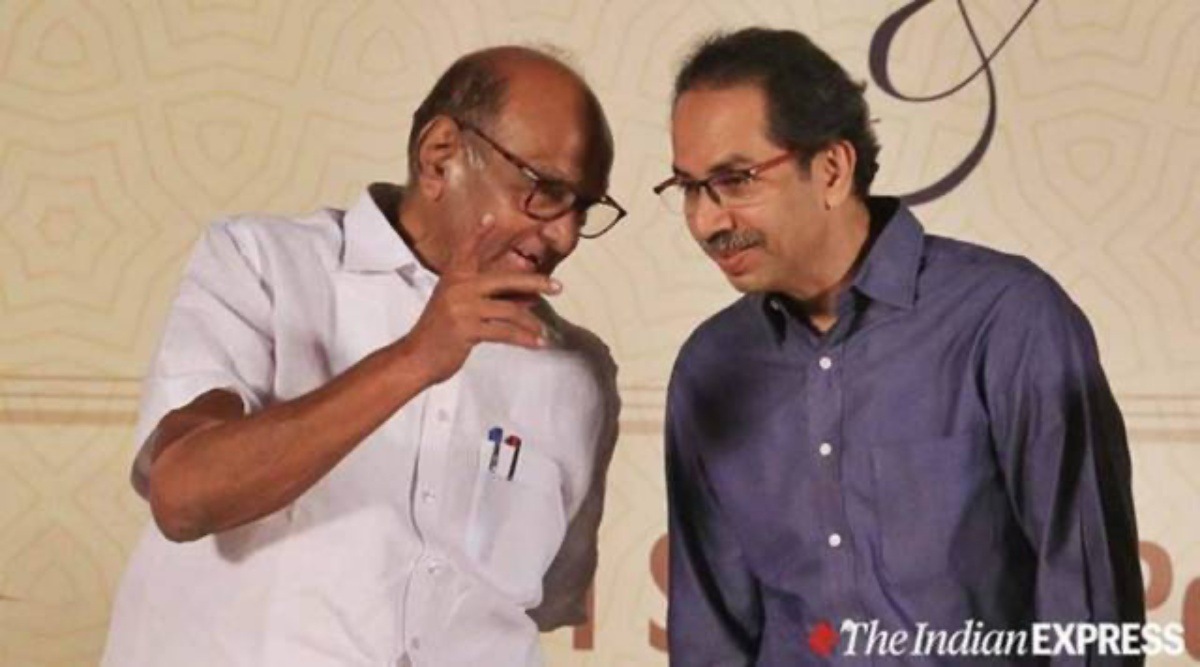
In an unprecedented move, the Bharatiya Janata Party has announced plans to open a state-of-the-art office in Palolem. While the exact location is still under wraps, rumour has it that the office will be conveniently located near the beach, offering an all-encompassing view of Goa’s cultural shift. The location is ideal: with its laid-back vibe, Palolem is a quiet corner of Goa that has now become a hotspot for political meetings, yoga retreats, and, of course, the Babujis seeking a change of pace.
It’s no secret that Goa’s charm has been gradually slipping away, leaving behind a mix of confusion, nostalgia, and fear among regular tourists. Where once the state lured visitors with promises of sun, sand, and sea, it now offers more—at least for the growing demographic of middle-aged men looking for a “spiritual awakening”. Tourists who once flocked to Goa for the carefree atmosphere now find themselves dreading the sight of BJP flags fluttering along the shore.
As if this wasn’t enough, the controversial renaming of Palolem Beach to “Bhajrang Beach” is making waves in every corner of the state. The decision has sparked a rather unexpected uproar—not among the locals, but among the very tourists who once considered Goa an escape from the mundane. In the age of spiritual enlightenment, it seems the beach has shifted from being a spot for lazy afternoons and chilled cocktails to a place where one must observe political rallies, recite shlokas, and discuss the latest government policies.
It is almost as if the Babujis have decided that Goa isn’t just a tropical paradise, but a retreat for their inner peace—or at least, their political peace. The BJP office, cleverly nestled between the palms and sand, will likely serve as a safe space for these tourists to discuss local governance over some fresh coconut water, all while ignoring the fact that the pristine coastline is fast becoming a backdrop for their latest political agenda.
While this move may seem like a stroke of genius for the party, it’s an absolute nightmare for tourists used to the easygoing, party-fuelled atmosphere that Goa once embodied. Imagine arriving at a beach expecting to hear the rhythmic sound of waves, only to be greeted by chants of "Bharat Mata Ki Jai" and "Jai Shree Ram" resonating through the air. For some, this change may not be so welcomed. The once-carefree strolls along Palolem’s golden sands are now tainted by the impending presence of BJP office-goers engaged in discussions about Hindu nationalism and political discourse.
Tourists, who previously thought they could sip on their piña coladas in peace, are now bracing themselves for the possibility of being swept up in endless discussions about how yoga and bhajans are the only true paths to enlightenment. One can only imagine the horror of wandering into the water only to find a flashmob of Babujis holding an impromptu satsang right by the waves.
But it doesn’t end there. To make matters even more “exciting,” word has it that Palolem Beach will host weekly “Gita recitations” for those “spiritually inclined.” Rumour also has it that the beaches will now be dotted with saffron flags, and those seeking a quieter getaway might have to rent out private islands to avoid the mass political gatherings. After all, Goa’s once-inviting ambience of dancing under the stars has now become an all-day political carnival of sorts, where the only "rave" is a series of religious chants echoing across the shoreline.
Meanwhile, a different group of tourists—the ones who came to Goa for the last bit of freedom they could still cling to—are heading for Kerala or Sri Lanka. Goa has, in their eyes, transformed from a youthful, carefree getaway into the political amusement park of the middle-aged Babujis. Goa’s transformation, from a chilled-out paradise to an increasingly nationalistic and politically charged destination, has left many wondering if it will ever return to its glory days.

